- Podcasts//
- Boiling Point
Boiling Point
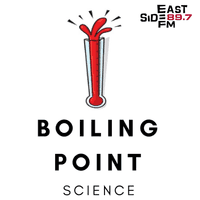
Subscribe to Boiling Point
Boiling Point Episodes
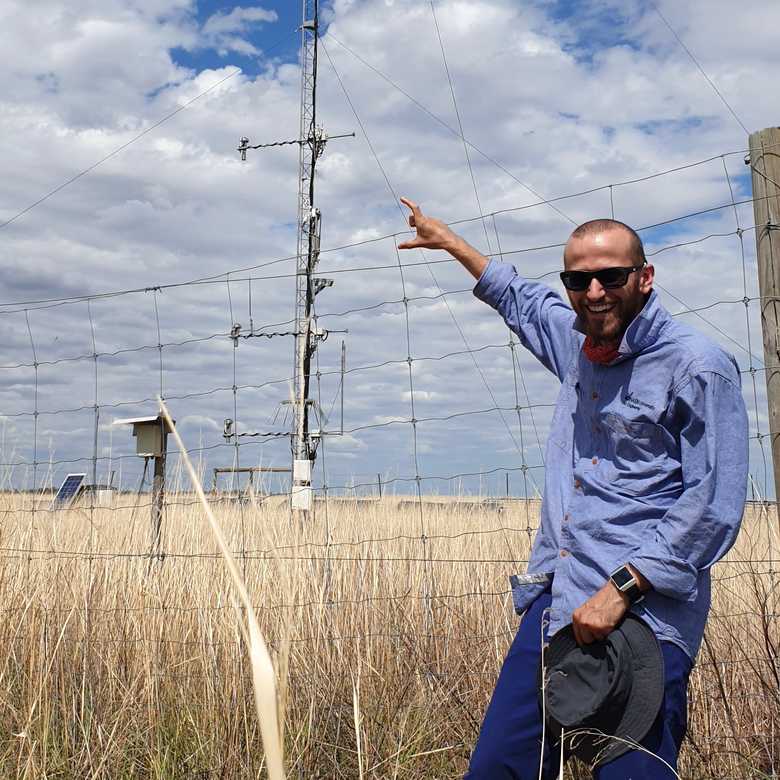
The role of memory in terrestrial ecosystems
01, December 2023
Did you know that plants and ecosystems have memory? Not the same memory as you or I, but a type of memory nonetheless. Join us in this episode as we chat to Postdoctoral researcher Jon Page, who uses observations to explore the carbon, water, and energy cycles of terrestrial ecosystems, and importantly, the memory of […]
Read More… from The role of memory in terrestrial ecosystems
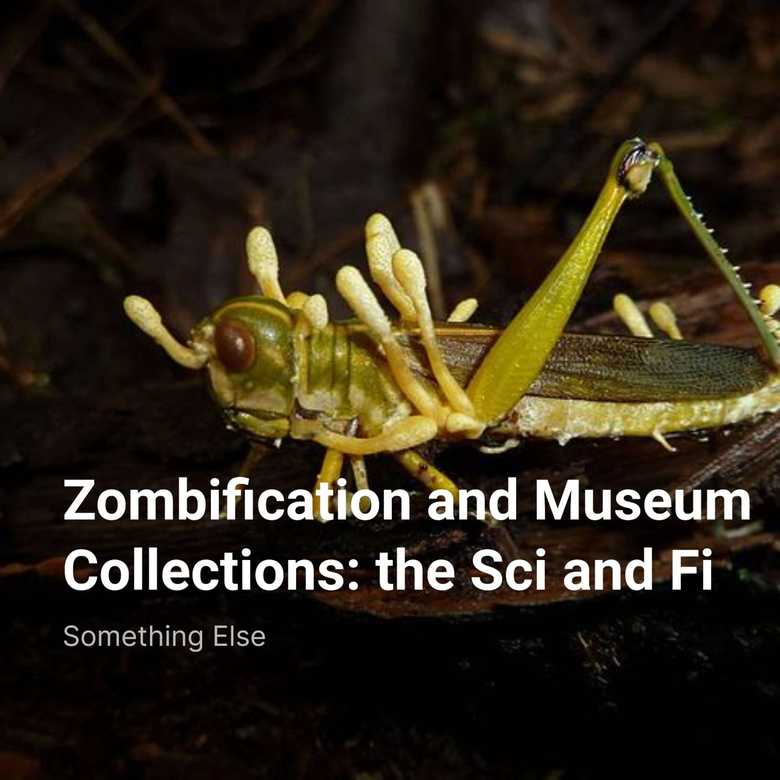
Zombification and Museum Collections: the Sci and Fi
09, November 2023
Sci fi movies make blockbuster hits. But how much are they Sci and how much are they fi? Find out in this episode. […]
Read More… from Zombification and Museum Collections: the Sci and Fi
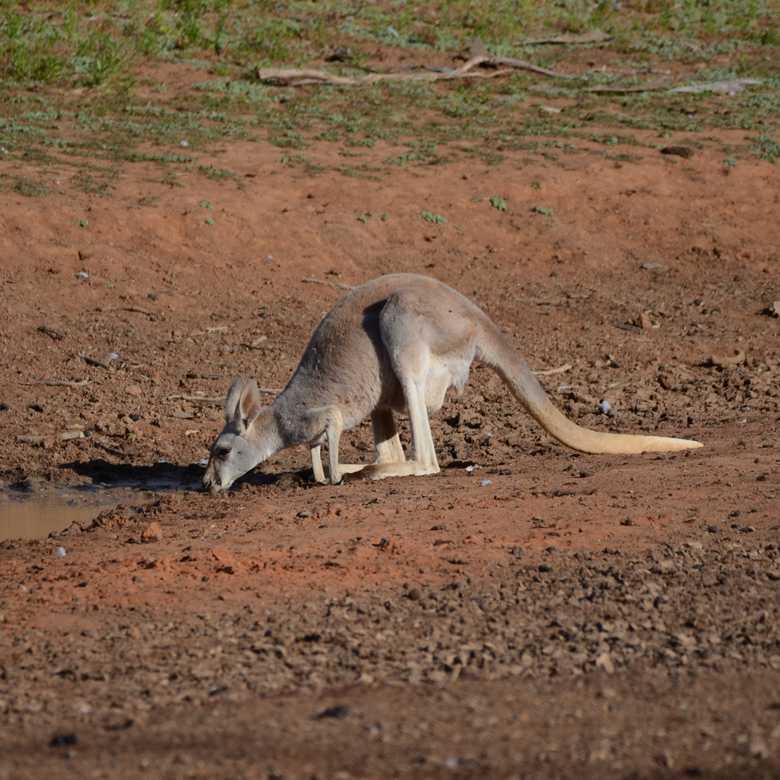
Spying on Kangaroos
01, November 2023
Kangaroos are iconic Australian animals that have interesting behavioural characteristics. They live in communities, and their environment plays a factor in their interactions. We are going to take a closer look at the environments kangaroos live in and how certain factors in their environment affect their behaviours. Daphne Willemsen will tell us about their research […]
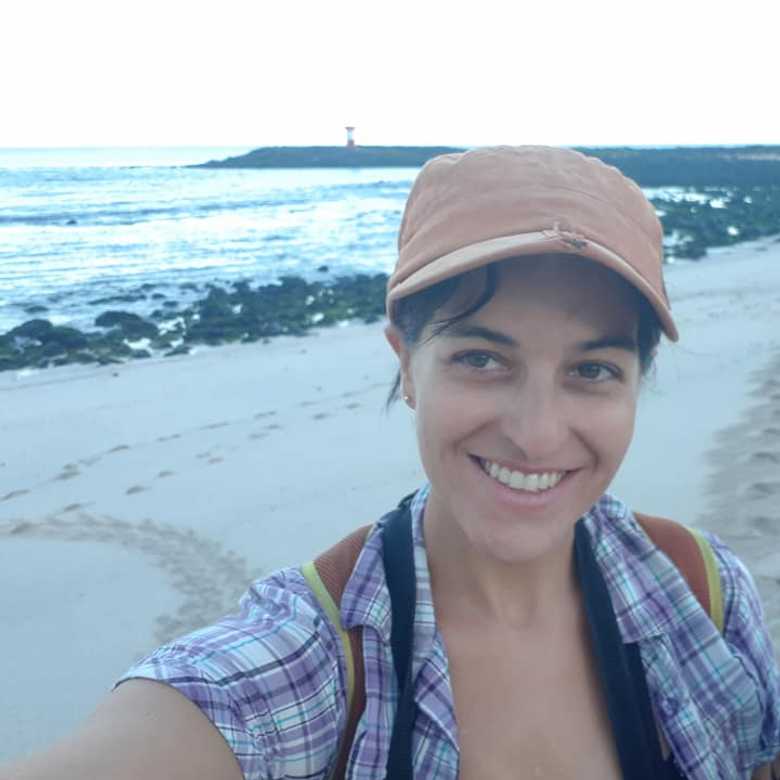
What’s in a song? How urban environments change animal behaviour
20, September 2023
Humans are affecting animals in multiple different ways. Our infrastructure is bleeding into forests and our way of life is changing how animals adapt to their environments. But are we aware of how we are impacting animals? In this episode of Boiling Point Anastasia is joined by Dr. Dominique Potvin, a Behavioural Ecologist, Evolutionary Biologist, […]
Read More… from What’s in a song? How urban environments change animal behaviour
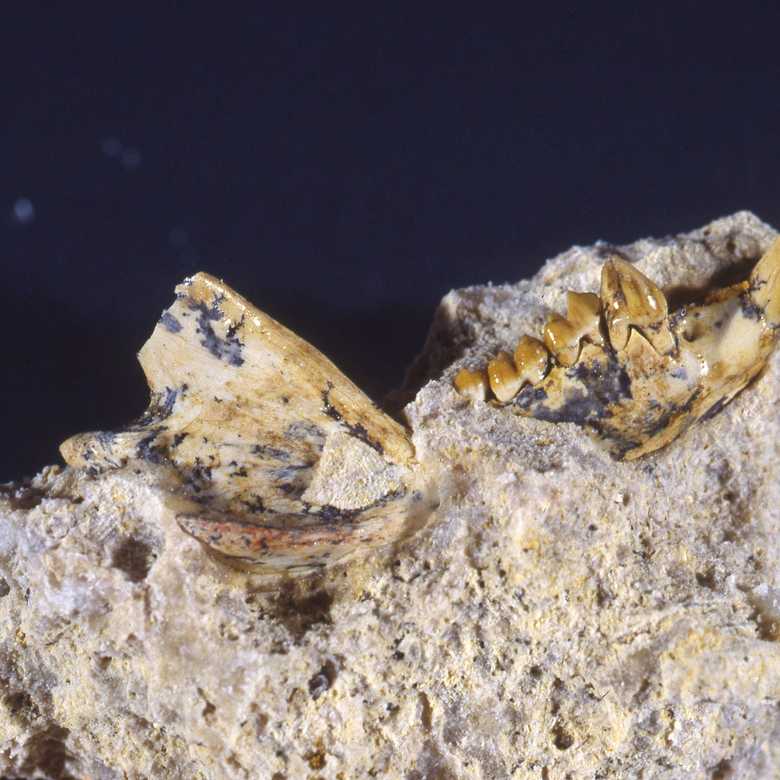
By tooth and nail: Uncovering the ancient history of marsupials
06, September 2023
Join our host, Inna as she chats with Antonia Parker who explores the ancient history of Australian marsupials… By looking at their teeth!! […]
Read More… from By tooth and nail: Uncovering the ancient history of marsupials
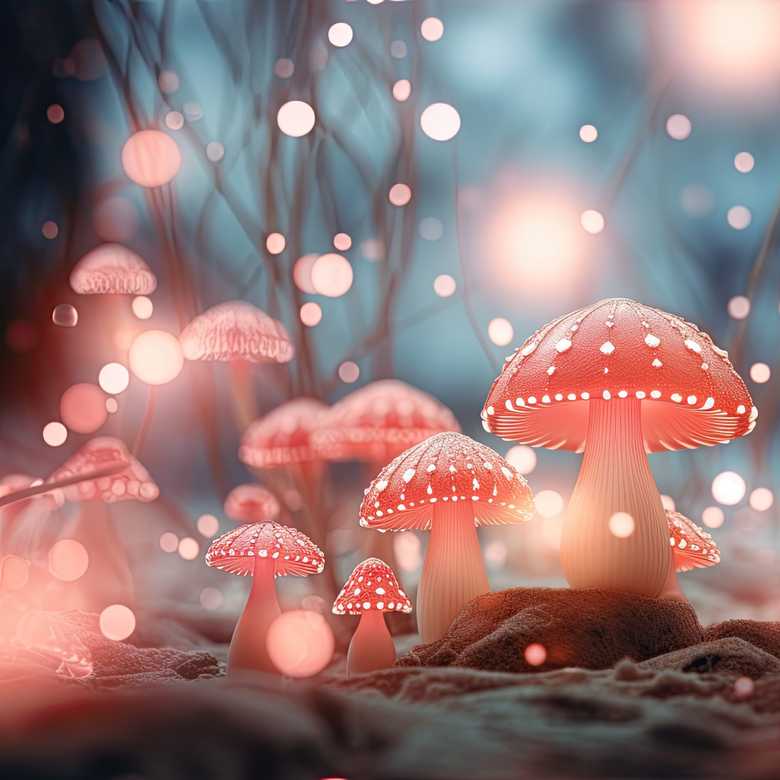
Fungi Unearthed: Digging into the Myco-Mysteries of mushrooms!
26, August 2023
What is it about fungi that make them an exciting conversation piece in today’s media, movies, and video games? In this episode Anastasia chats Vanessa McPherson all about the natural history of fungi. Vanessa McPherson is a Research Assistant in the Environmental Microbiology and Molecular Analysis Laboratory in the School of Natural Sciences, Macquarie University. […]
Read More… from Fungi Unearthed: Digging into the Myco-Mysteries of mushrooms!
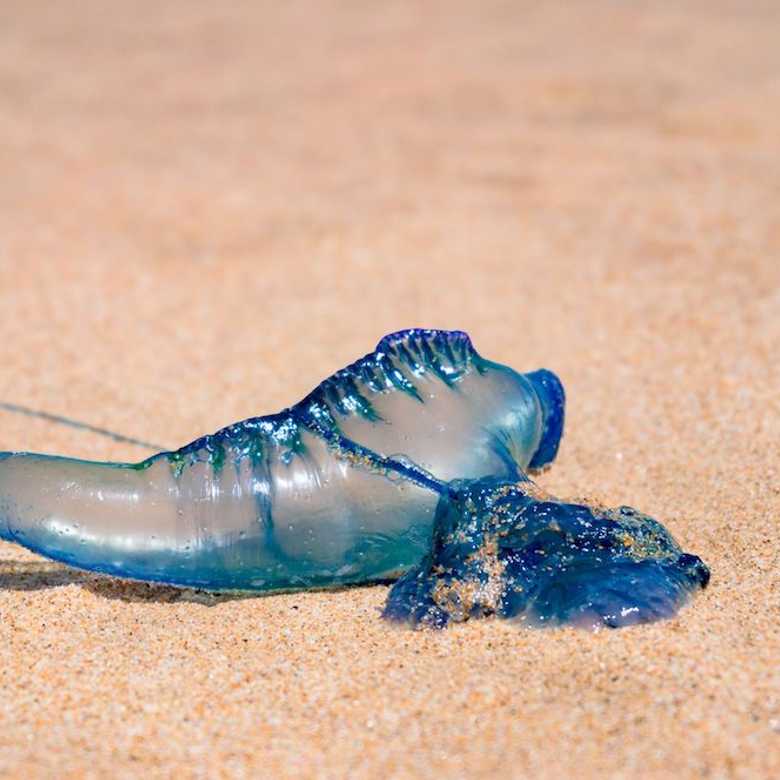
What’s blind, buoyant, and brainless? Bluebottles!
16, August 2023
They’re small, they’re blue, and they’re stingy, but they’re not a jelly fish! What are they? They’re bluebottles of course. They’re a prominent feature of summers spent by the beach, but what brings them to Australian beaches remains a bit of a mystery. Join us in this episode as we chat to two ECRs, Kim […]
Read More… from What’s blind, buoyant, and brainless? Bluebottles!
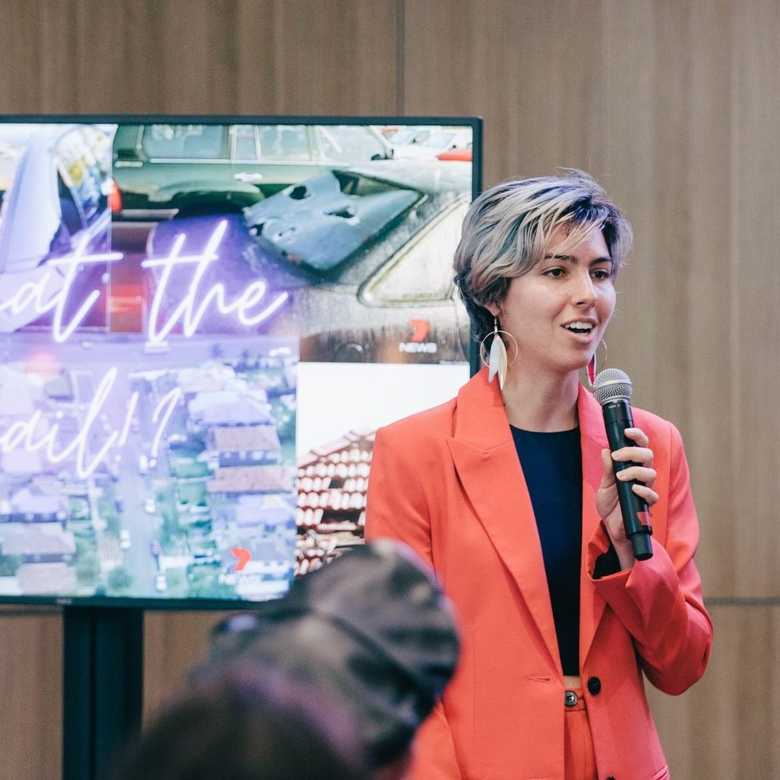
What the hail is going on!?
11, August 2023
Hailstorms are some of the costliest natural disasters that occur in Australia. One of the most infamous examples is the Sydney hailstorm of 1999 which dumped hailstones over 11cm in diameter and caused $1.7 billion in insurance damages. It’s quite surprising therefore, that we don’t have great observations or understanding of hailstorm probability. In this […]

The History of Machine Learning in Automation
02, August 2023
Some words we hear these days are “machine learning” and “automation”, but what do they actually mean, and where do they come from? In this episode, we take a closer look at the history of machine learning in automation. The origins of automation date back to the industrial revolution, and machine learning has played an […]
Read More… from The History of Machine Learning in Automation
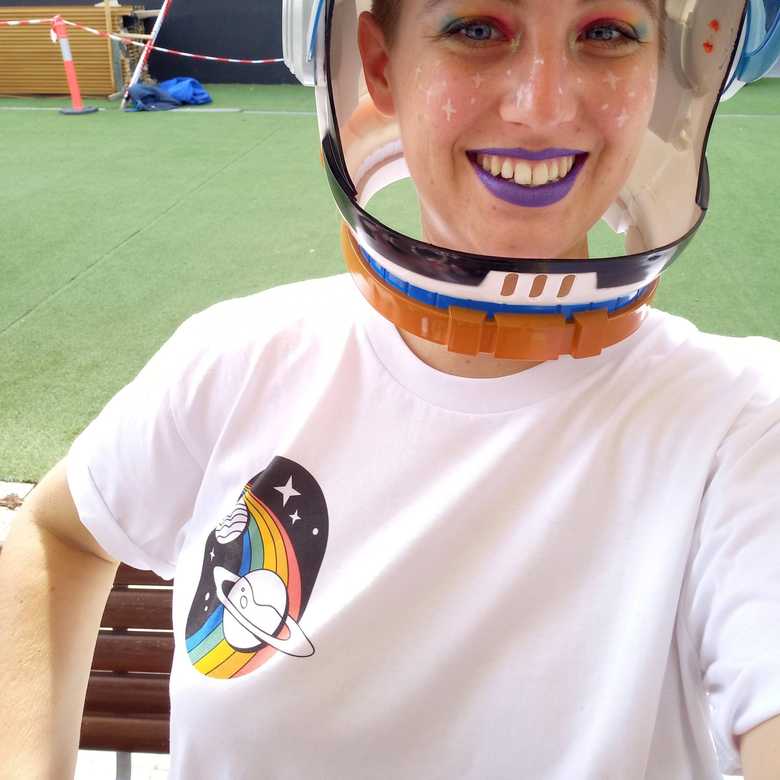
Conserving Mars
26, July 2023
Dreams of visiting Mars have been part of human imagination for centuries. But now that these dreams are closer to realization than ever before, so are the concerns of how we will treat the planets we will visit. Join us, as we chat to Clare Fletcher. Clare studies the exciting and new field of the […]
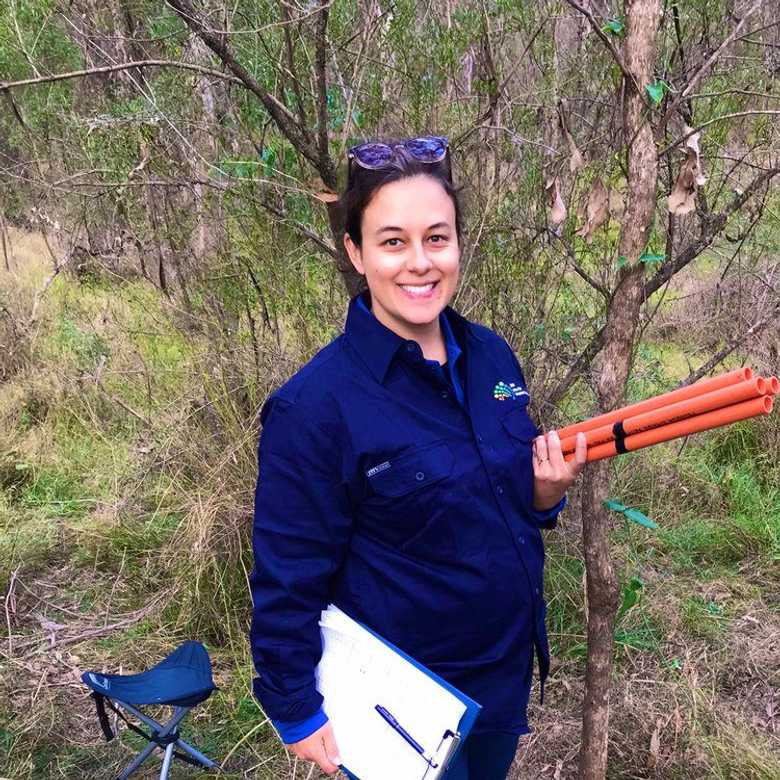
Ecosystems at risk
20, July 2023
Ecosystems are under threat of collapse from human stresses and climate change. Is your favourite ecosystem at risk? In this episode of Boiling Point, Sammy and Liz speak with Dr. Aniko Toth, a research fellow at UNSW Sydney who works in ecosystem conservation. Aniko uses modeling to combine satellite data with local species data to […]
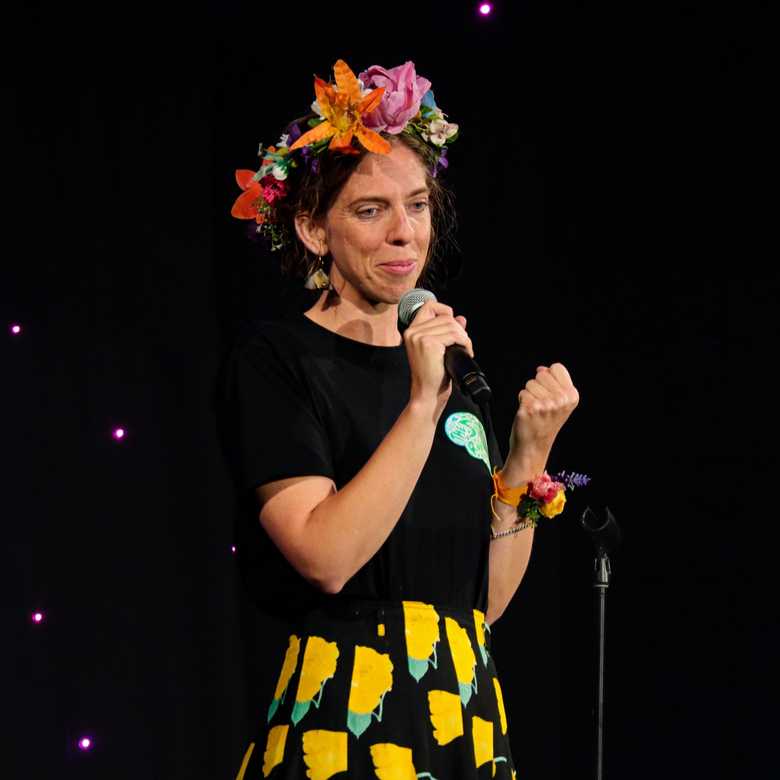
Understanding the secret language of plants
12, July 2023
Plants are signaling and communicating with their environment in unique and remarkable ways, we just don’t always know how to interpret their signals. But observing flowers and pollination is the easiest way to tap into their secret language. In this episode Inna and Hannah chat to Ruby E. Stephens about the weird and wonderful world […]

Head in the skies: exploring the psychology of pilots
04, July 2023
A risk-taking pilot sounds like the last thing anyone would want on their flight. However, if we ever want the plane to take off, some risk taking is necessary and even crucial. In this episode of Boiling Point, Griff and Inna chat to Yassmin Ebrahim. Yassmin studies the risk behavior of pilots and how it […]
Read More… from Head in the skies: exploring the psychology of pilots
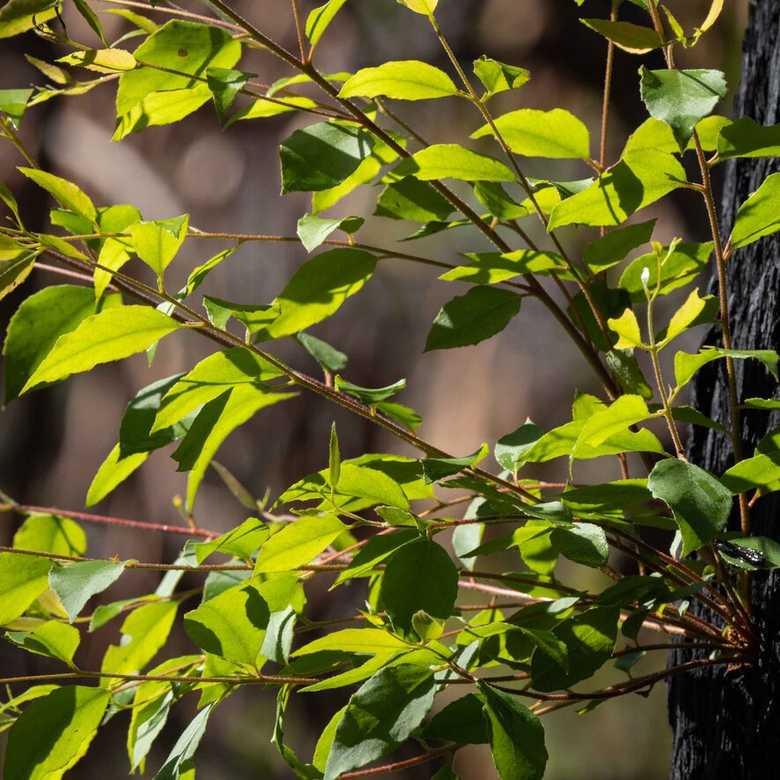
Fire – Friend and Foe?
29, June 2023
It’s getting hot in here, but how do plants continue to thrive? In this episode of Boiling Point, Sammy and Inna chat with fire ecologist Sarah McInnes! Sarah is a researcher at UNSW Sydney who studies the impacts of fire regimes on plant re-establishment and how these may change with climate change. Catch up […]
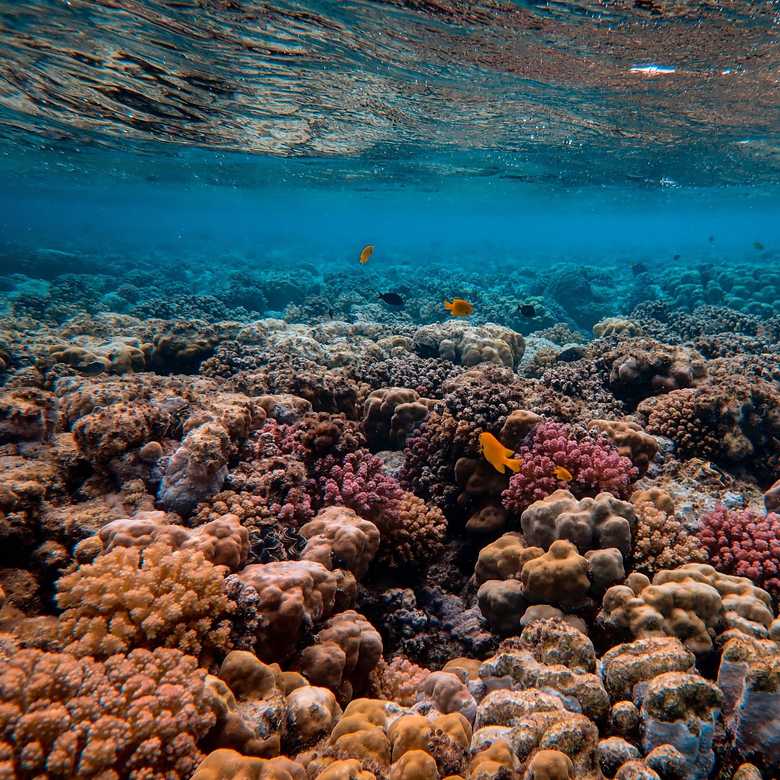
Beneath the Waves: Unmasking the Coral Disease Maze
22, June 2023
Getting sick is no joke. Your noise gets stuffy, perhaps you get a sore throat, maybe you feel so bad you have to stay in bed for days! But what happens when coral get sick? Escalating temperatures and climate change are terms that are a part of a scientists daily vocabulary, but what does it […]
Read More… from Beneath the Waves: Unmasking the Coral Disease Maze
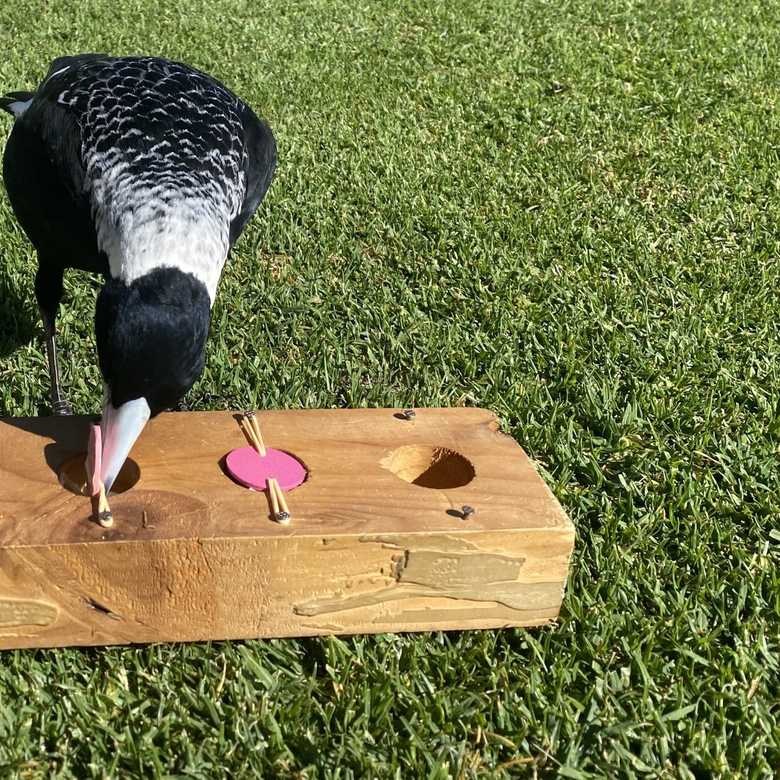
Unlocking the Secrets of Intelligence
14, June 2023
There’s an argument among some evolutionary biologists that the reason why modern humans succeeded over other species of humans was because we are such social creatures. But were not the only social animals out there, so how do other animals compare? Do more social animals show higher intelligence? Find out on this episode of Boiling […]
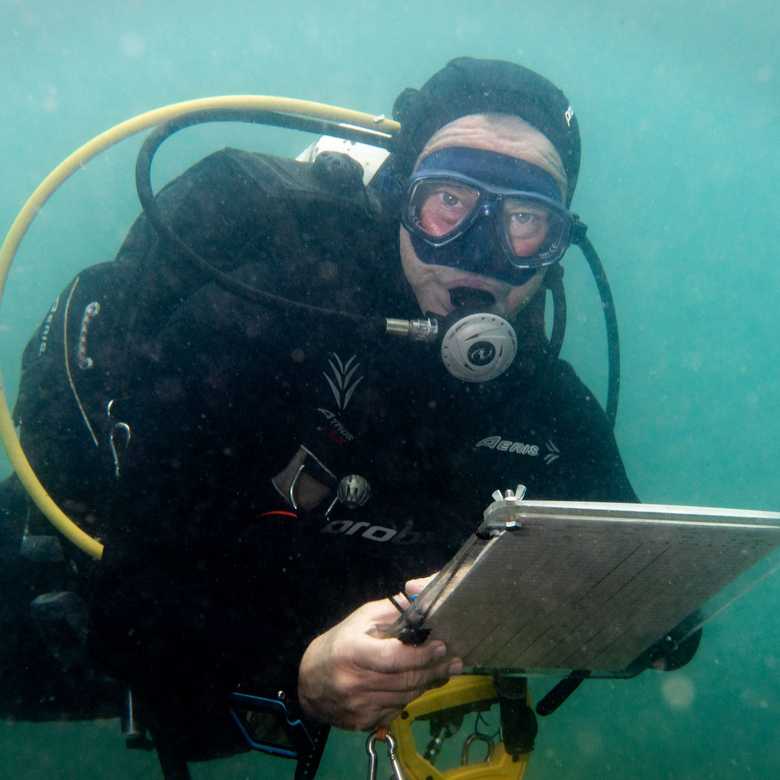
Talking Australia’s reefs with Dr John Turnbull
07, June 2023
Australia is universally renowned for its breathtaking underwater environments that are abundant with a diverse array of iconic marine species, such as the Great Barrier Reef. But as ocean temperatures continue to rise and population numbers continue to decline, the greater the need for thorough monitoring strategies to guide our efforts to conserve Australia’s unique […]
Read More… from Talking Australia’s reefs with Dr John Turnbull
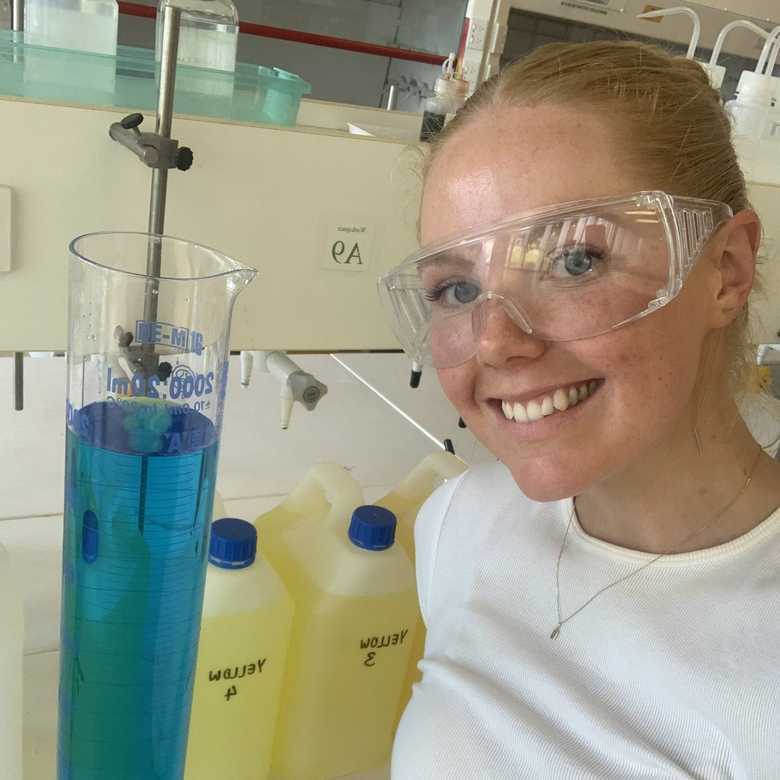
Detecting lung diseases by breath analysis
29, May 2023
What if detecting lung diseases such as cancer would be as easy as taking a breath? Although this sounds like science fiction, a diseases breathalyser is already under development! Join Griff and Inna as they chat to Merryn Baker who develops methods of detecting diseases with just one breath. Follow Merryn on Twitter: @merryn_baker […]

The Science behind diet and exercise
25, May 2023
Pilates, yoga, lifting weights. What is the right exercise for me? Find out on this episode of Boiling Point! In this episode, Sammy Burke and Anastasia Shavrova chat with exercise physiologist Karen Mackay from the Queensland University of Technology to talk about her work looking into human diet and movement. […]
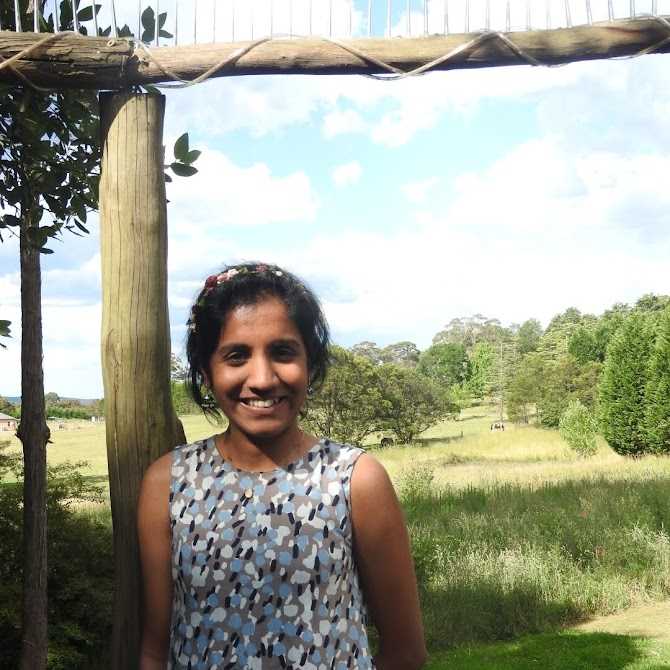
Marine heatwaves explained
16, May 2023
You’ve probably heard of heatwaves over land before – maybe you’ve even experienced the effects of one firsthand – but did you know that heatwaves also occur in the ocean? Marine heatwaves, a term first coined as recently as 2011, can have devastating impacts on marine ecosystems and societies, yet they remain a relatively new […]
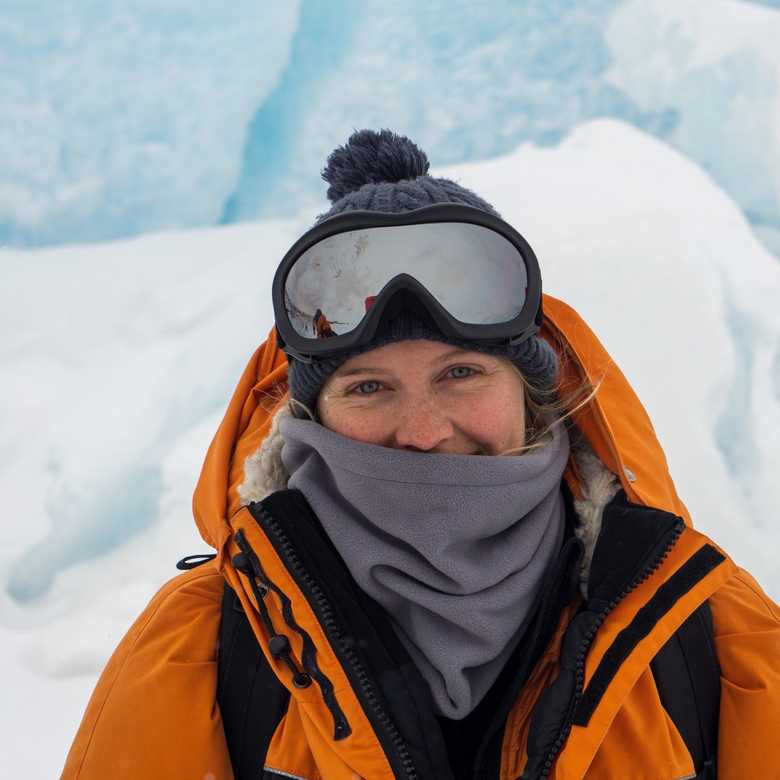
A Freezing Dive: Hannah and the Antarctic Ocean Currents
08, May 2023
What do you think of when you hear about Antarctica? Maybe it’s the vast snow planes or the cute pinguins and seals. But one of the most important things about Antarctica, are the ocean currents around it. They transport everything from heat, to debris, to live organisms and affect our whole planet! In this episode […]
Read More… from A Freezing Dive: Hannah and the Antarctic Ocean Currents

Tash and the Sea Cucumbers!
02, May 2023
They look like short fat worms that lie motionless on the ocean floor. But sea cucumbers are so much more. They are a high-priced delicacy in many countries, can throw up their guts for self-defense, and sometimes have a parasitizing fish living in their bum. In this episode of Boiling Point Inna, Hannah and Cat […]
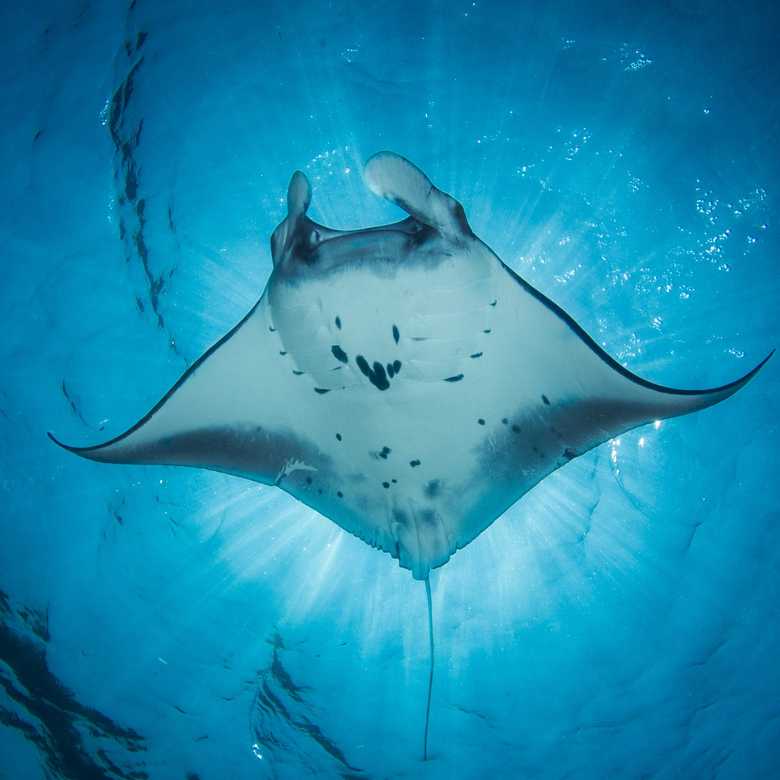
Gentle Giants of the Ocean: Manta Rays
25, April 2023
Glorious gentle giants of the sea. These 700 pound creatures are highly intelligent as they collaborate together to gather food. Yet, these creatures are a threatened species. In this episode we chat about manta rays. In this episode, Anastasia, Sammy, and Inna chat to Hannah Moloney. Hannah is a marine scientist and researcher at […]
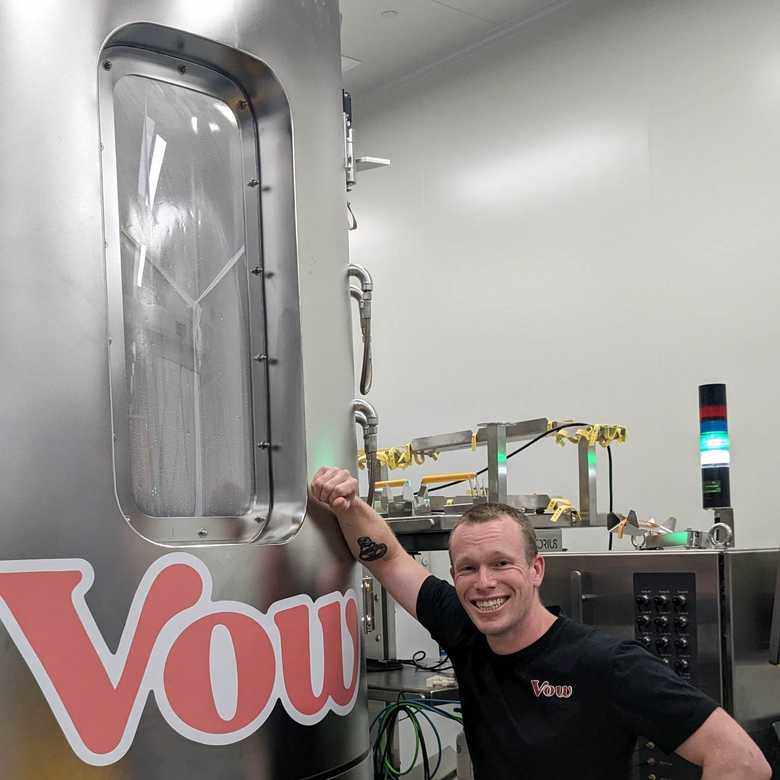
Sam, Vow, and the Future of Cell-Cultured Meat!
19, April 2023
What would you say if I told you that the answer to sustainable meat production may lie in the consumption of products made from exotic animals like alpacas, peacocks and even the extinct woolly mammoth? And that this meat would be made without harming any animals? You may say that this seems very far-fetched, but […]
Read More… from Sam, Vow, and the Future of Cell-Cultured Meat!
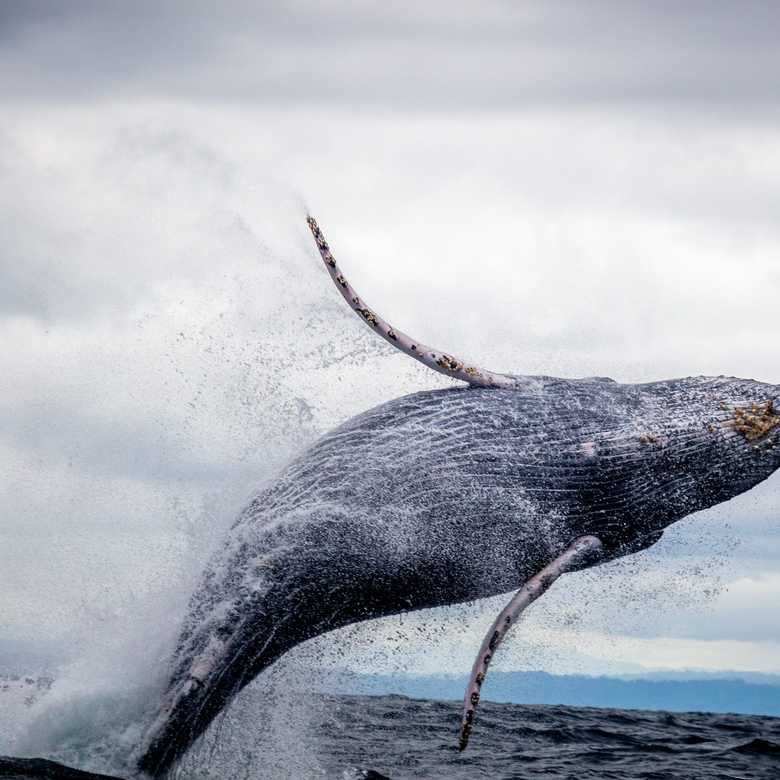
What poop can tell us about whales
12, April 2023
You are what you eat. And what you eat we can study. In this episode of Boiling Point, Anastasia, Hannah, and Sammy, chat with Aashi Parikh, a PhD Candidate from Macquarie University. Aashi looks at whale poop to find out how they live. Follow Aashi on twitter Dont forget to follow Boiling Point on: Twitter […]
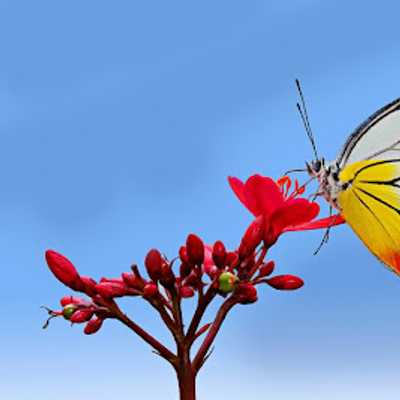
Evading predators with colour
05, April 2023
How do you signal “STAY AWAY”. Do you make a noise? Maybe show your teeth? Perhaps, yell? Have you every thought about wearing something bright? There is a rainbow of warning colours that animals present to fend of predators. On this episode of Boiling Point, Anastasia and new Boiling Point recruit Hannah, chat with Marilia […]
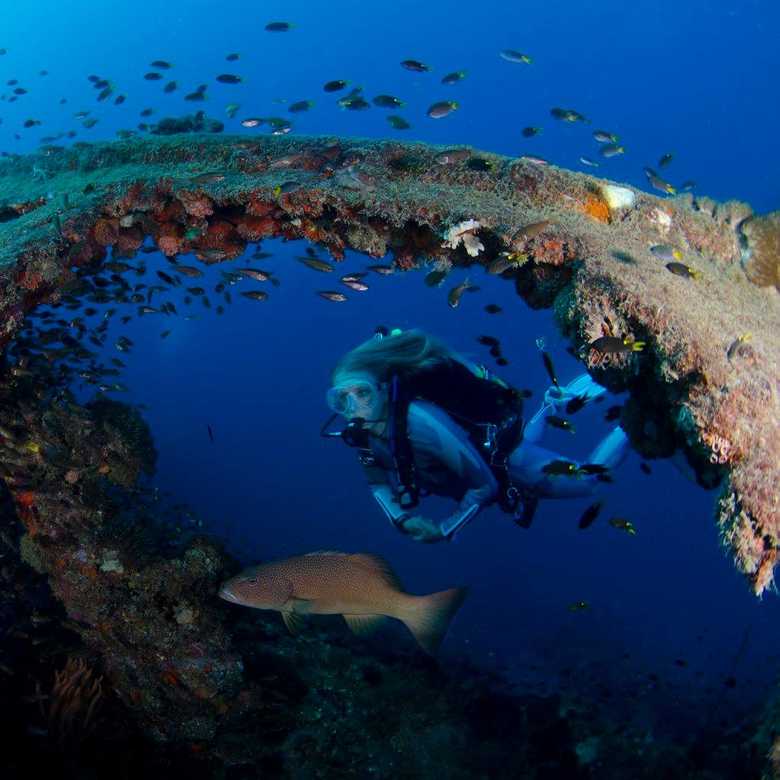
What does a maritime archeologist do?
23, March 2023
Australia’s coastal waters harbour more than 8,000 ship wrecks. But only a quarter of those have been found. Our guest is a maritime archaeologist and will take us on a dive into her watery world. How is maritime archaeology different from the land-based version? How do you preserve a shipwreck and how do you handle […]
How plants respond to climate change
12, March 2023
Climate change has already caused some animal species to migrate and to seek new and more suitable habitat. But how do plants deal with climate change? They can’t just walk away and find a new place to live, can they? It turned out they can! Our guest is telling us all about migrations of plants […]
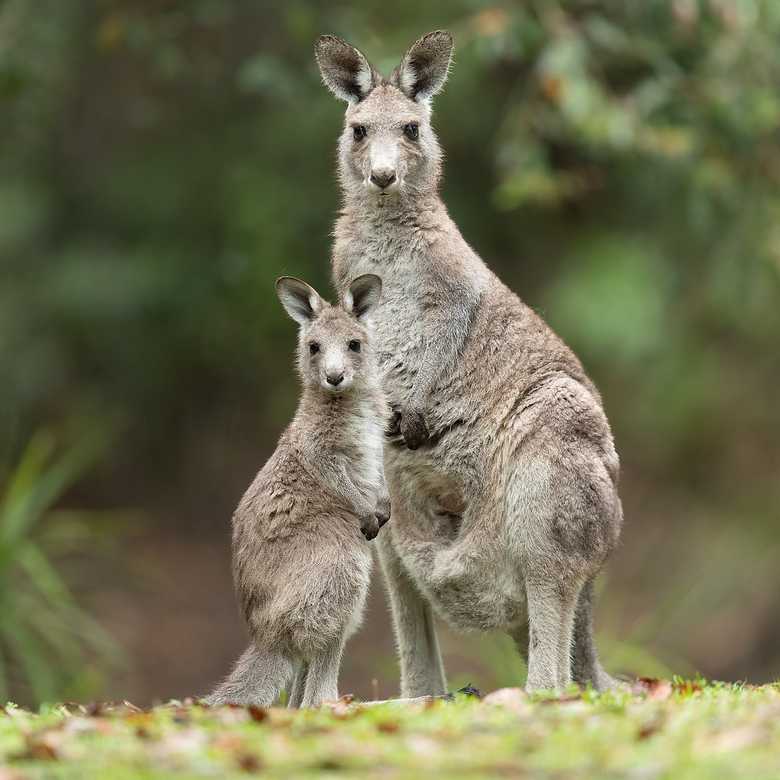
Nora and the kangaroos
07, March 2023
One of the most iconic animals in Australia is the kangaroo. It’s on the Australian coat of arms and is one of the first animals most people think of when they think of Australia. Today we are going to take a closer look at one of the less-studied aspects of the kangaroos. Surprisingly, social aspects […]
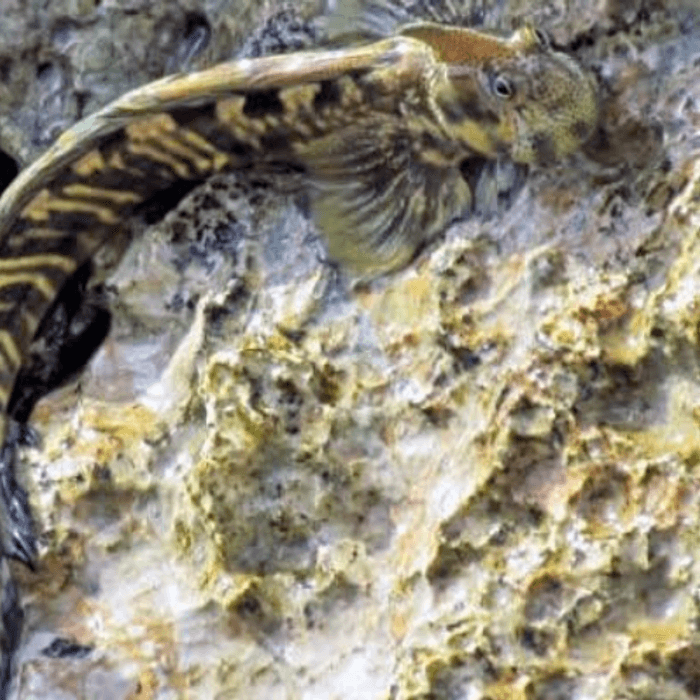
Liz and the blennies
06, March 2023
Most people would have heard of Darwin finches, the birds that gave Darwin the idea for the theory of evolution. In this episode, we are taking a closer look at a group of species, that may look less spectacular. But they are evolution in the making. Blennies are fish that have started making their way […]
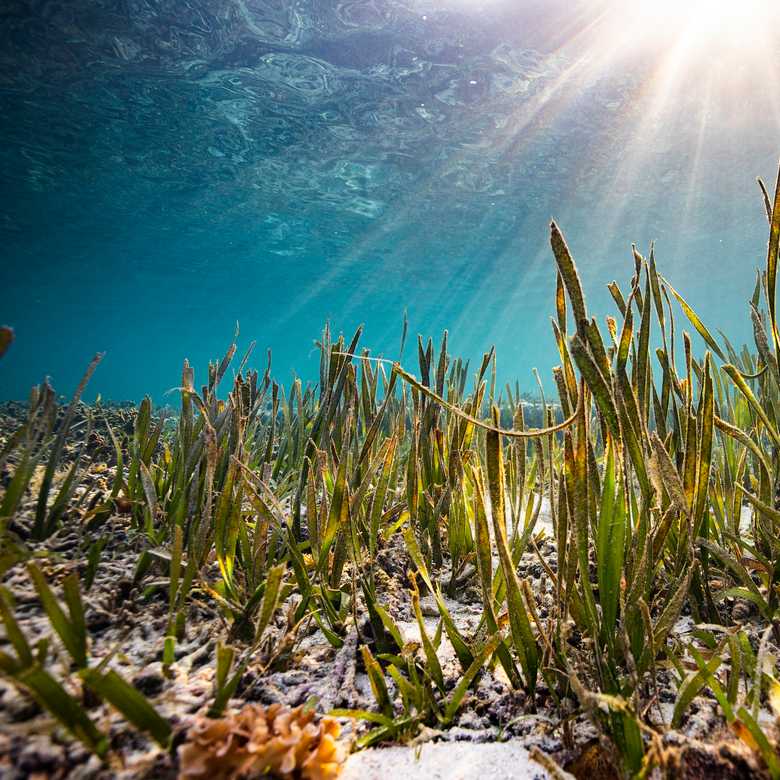
Griff and the importance of seagrass
28, February 2023
It’s green and it seems to be highly abundant. But this impression is treacherous. Sea grass is in decline worldwide. Not a big deal you might think but the truth is, it’s a huge problem, as seagrasses are essential ecosystem builders that numerous marine creatures depend on. Cat chats with UNSW Honours student Griff Brindley […]
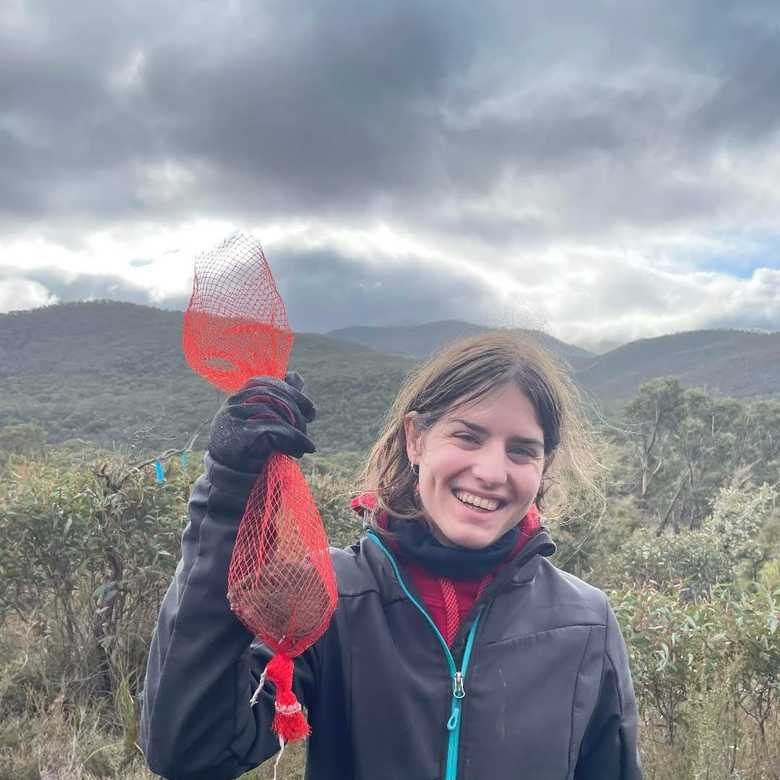
The sixth major extinction event and illegal wildlife trafficking
25, January 2023
Boiling Point host Cat chats with Charlotte Read. Charlotte has a degree in conservation and currently teaches children about wildlife and conservation at a zoo in Melbourne. Her interests in conservation are the human wildlife conflict, and in particular illegal wildlife trade. Since she is based in Melbourne, Cat talks to her to her via […]
Read More… from The sixth major extinction event and illegal wildlife trafficking
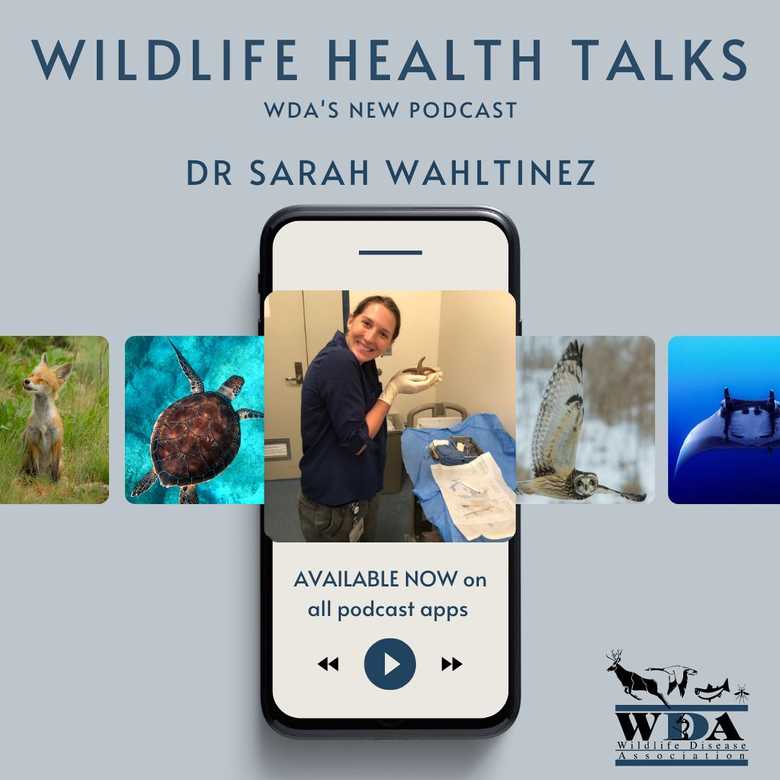
Sarah and the sea stars
19, January 2023
Did you know that sea stars can get sick, too? Dr Sarah Wahltinez researches the impacts of climate change on sea stars. Cat chats to her for the 2nd episode of the new podcast ‘Wildlife Health Talks’. Sarah is a PhD candidate at the College of Veterinary Medicine at the University of Florida but is […]
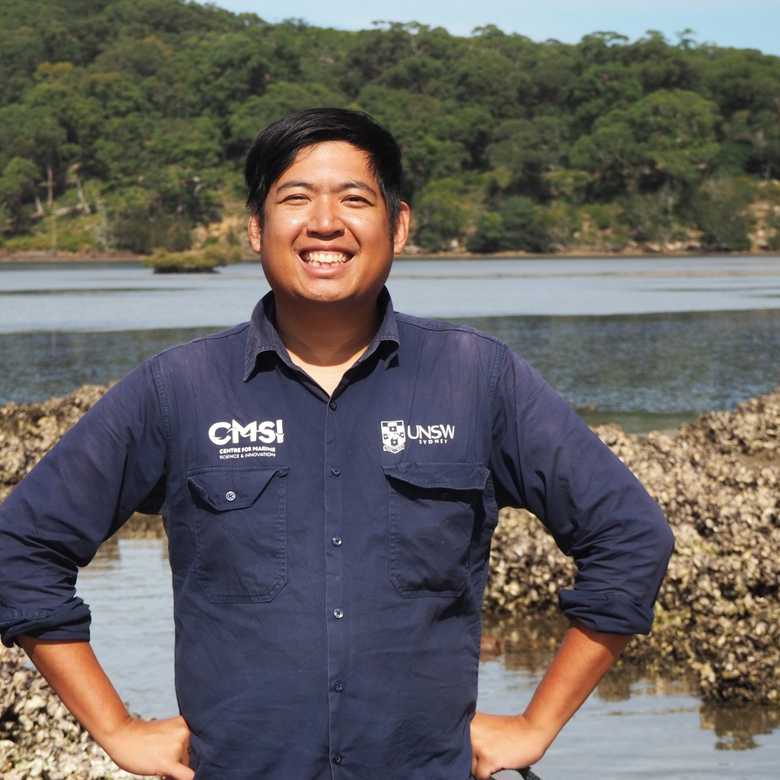
Rick and the Sydney rock oysters
05, January 2023
They are small, slimy and most people find them delicious. I am talking about oysters. Once the Sydney rock oyster inhabited large areas of Sydney Harbour. Those days are long gone which is pretty tragic. Rock oysters provide the habitat for a large number of other marine species. Our guest studies them all and will […]
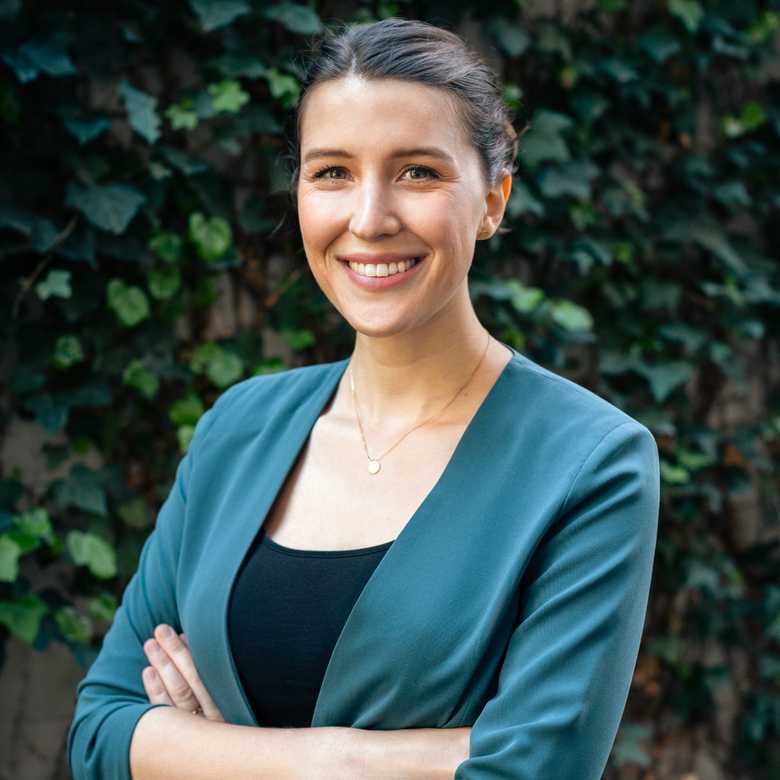
Hannah the jungle vet
15, December 2022
Have you ever been to a tropical rainforest with its endless greenery and wildlife everywhere? Our guest has and she never really left. A part of her stayed and upon her return home to Germany she decided she needed to do something to protect these unique habitats and its biodiversity. So, she founded an NGO […]
The adventure of becoming a doctor
10, December 2022
Australia has many export hits including iron ore, coal and gold. Another important one that’s easily overlooked is high-quality education. Over 500,000 students from all over the world currently study in Australia. Medical science is particularly popular. What is it like to train as a doctor in a new country and a different culture without […]
A career in science communication
25, November 2022
How does one get into a career in science communication? Dr. Quill Darby is our making science fun expert today. Quill co-produces events like the Sydney Science Trail and Science Tent at Splendour in the Grass and also runs Junkyard Rascals, a tiny business based on discovery through play. Listen to the episode to find […]

Stressed?!
23, November 2022
During development all animals are vulnerable. So how does the experience one encounters while developing actually impact the adult life and can these effects be passed down to their grand-children? Can overstressing due to environmental change be detrimental to the survival of animal populations? Anastasia chats to post-doctoral research fellow Dr. Ondi Crino. Ondi studies […]

From Science to Comedy to Marketing
17, August 2022
From serious to funny. From science to comedy. From biomedical degree to producing, marketing, acting, writing, and stand-up? How do you go from a bachelor of science to a successful career in Comedy? Anastasia sits down with Writer, Comedian, Presenter, and Actor AJ Lamarque. AJ started with a Bachelor of Science in Biological and Biomedical […]

Chronic Wasting Disease – the slow death of deer
14, August 2022
Everyone old enough will remember the footage of confused ataxic cows that were not able to stand on their own anymore. The 1990s were the time of Mad Cow Disease, an illness caused by a misfolded protein, the prion. While mad cow disease in Europe is well under control by now, a similar illness is […]
Read More… from Chronic Wasting Disease – the slow death of deer

Solar Energy = Good Energy
03, August 2022
Reneweable energy can make a difference in todays changing climate. Moving from environmentally damaging energy sources to ones that use the environment for more sustainable energy sources is key. But how do we do this? In this weeks episode your hosts Chon and Anastasia will be chatting to Akasha Kaleem a PhD student at UNSW […]
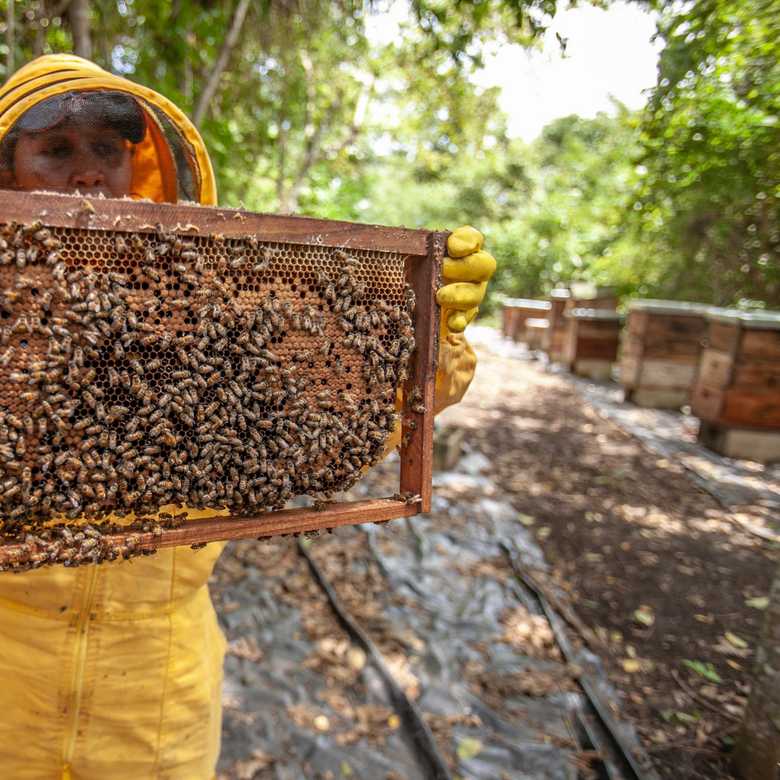
Varroa mite vs feral honey bees – Boiling Point Science interviews Associate Professor Patrick O’Connor
30, July 2022
This week on Boiling Point Science, Tim and Chantelle interview Associate Professor Patrick O’Connor from the University of Adelaide to discuss his recent article exploring the role varroa mite could play in managing feral honey bees, and help Australia’s environment Following the detection of varroa mites in sentinel hives in NSW, an emergency response is […]

How we can support women in STEM
19, July 2022
Academia is hard, no doubt about it. But there are things that are out of your control that can make that journey even harder. We’ve spoken on Boiling Point about 1st generation academics, struggles of university, whether to do a PhD, and so much more! Today let’s look at another perspective. Today Anastasia is sitting […]
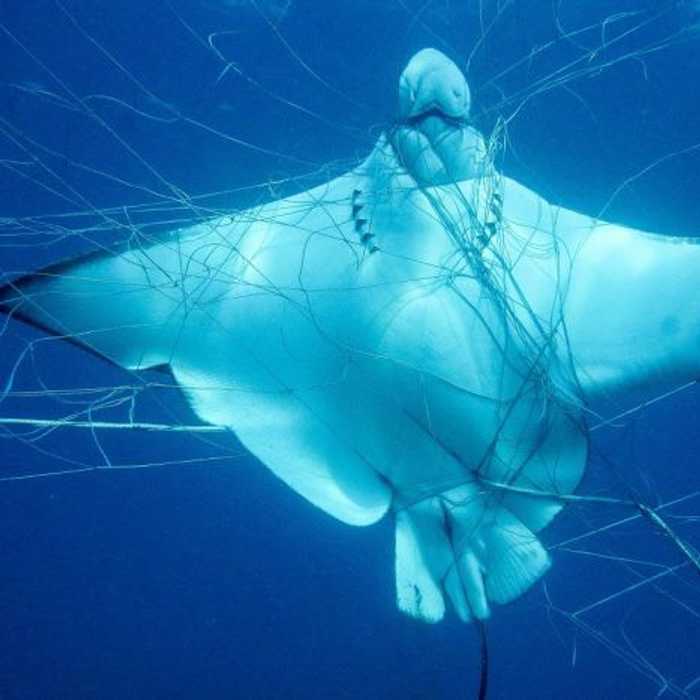
Shark nets kill – Help to ban shark nets!
14, July 2022
The NSW government introduced shark nets to Sydney’s beaches in 1937. They promised to protect swimmers and surfers from shark attacks. But that’s not what shark nets do. In fact, they are a serious case of false labelling. They don’t protect people. Instead, they entangle and kill sharks and other marine species like dolphins, whales […]
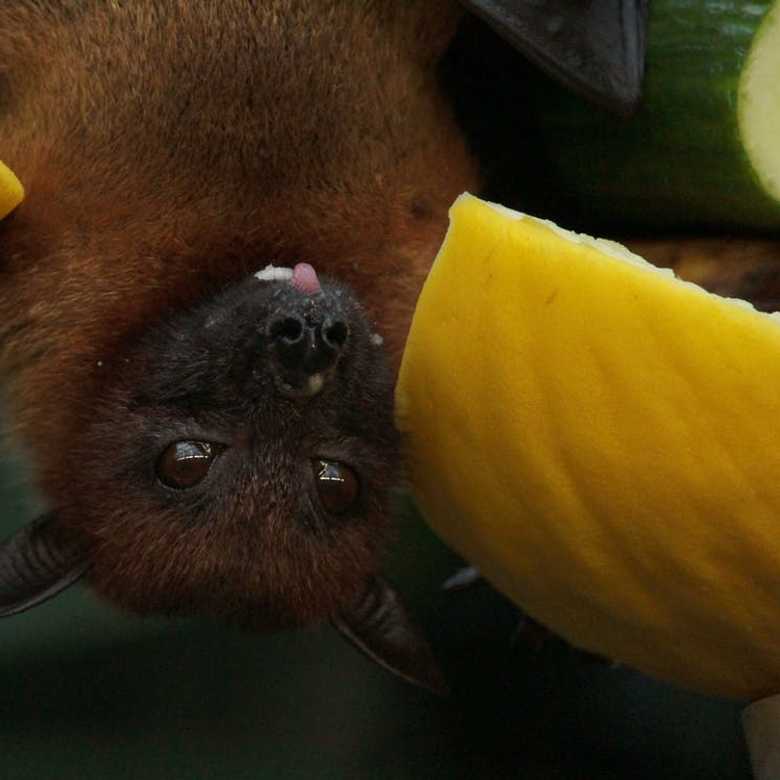
Poopy Parasites
29, June 2022
What can we learn from looking at poopy parasites? That is poops of wild animals. We ask our Ass Pro: Michelle Power! Michelle Power is an Associate Professor at Macquarie university, AND she’s a comedian. Listen in as Anastasia and Caitlin chat all things poop, feces, and guano in this weeks episode. Find Michelle […]

Psychedelics – a new era in mental health treatment?
23, June 2022
46 percent of Australians experience a mental health disorder in their lives. One eighth of Australians are on anti-depressants. And 8 Australians take their own lives every day. You can tell, the mental health situation in this country is dire. However, you might have heard of a potential light at the end of the tunnel. […]
Read More… from Psychedelics – a new era in mental health treatment?

PhDo or PhDont?
22, June 2022
Why do people choose to do a PhD? Is a PhD right for you? Is it best to go from Honours to PhD, without having done a masters? Listen to four different perspectives today and decide PhDo or PhDont? Welcome to Boiling Point. This week Anastasia is joined by three PhD students: Caitlin Creak, Jess […]
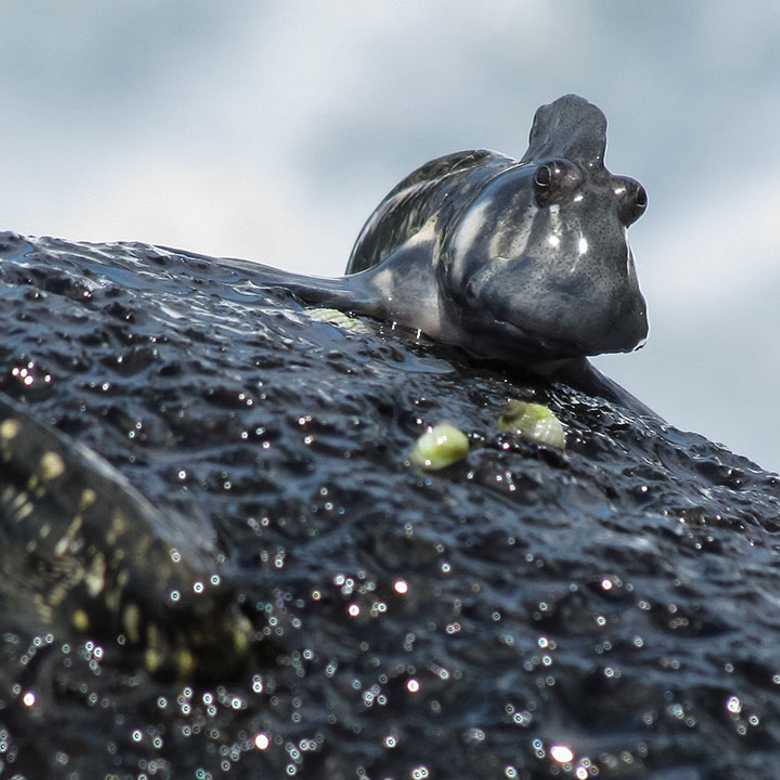
Evolving out of Water
15, June 2022
Darwin saw evolution through beetles. Our guest today sees evolution through blennies. But why are they leaving the water behind? Welcome to Boiling Point in this weeks episode our guest is Elizabeth Surovic, a PhD Candidate at UNSW. Elizabeth studies evolution in real time. Blennies, are little fish that are transforming to land right in […]
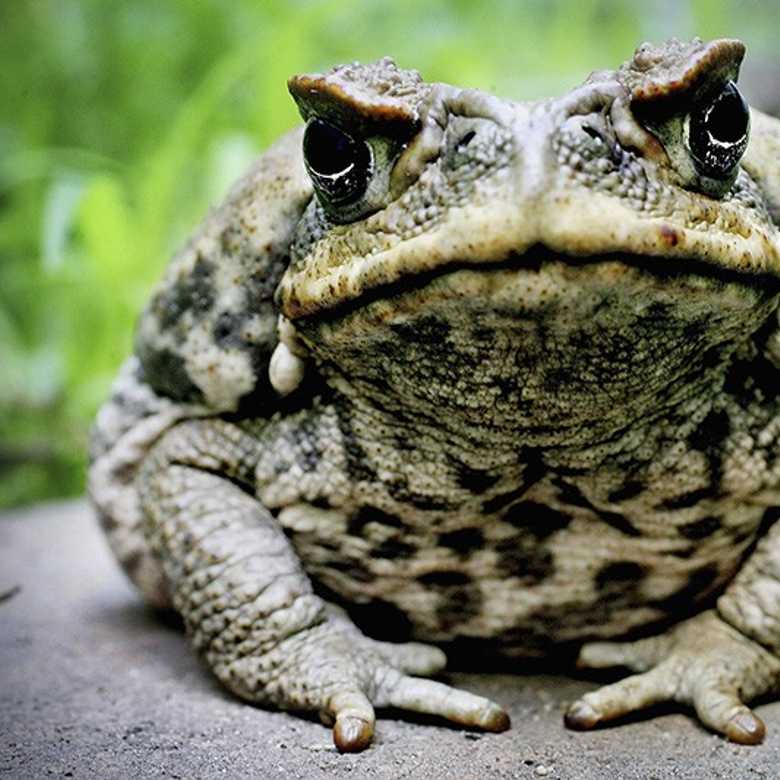
A parasite in an invader
08, June 2022
What happens when you’re stuck in the middle of nowhere for two years? Perhaps you awaken your passion for researching invasive parasites? Perhaps you discover a new species? This week’s episode is a show of adventure, mystery, surprise, and invasion. I, Anastasia, am sitting down with UNSW PhD Candidate Harry Eyck to chat about the […]
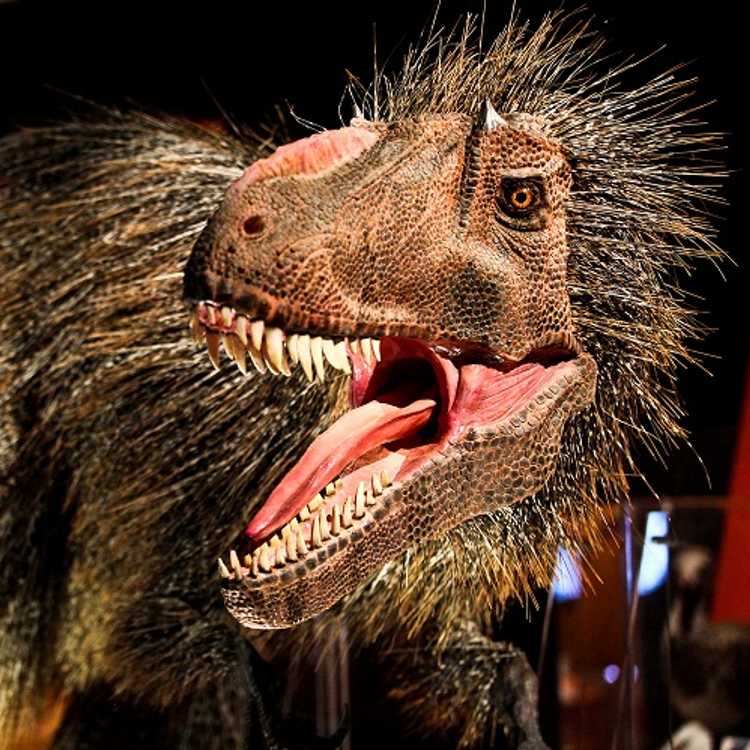
How dinosaurs were first discovered
26, May 2022
Many of us loved them as a kid and still secretly love them today. I am talking about dinosaurs. What’s much less known is how they were first discovered, what consequences this huge discovery had for science and how dinosaurs inspired the myth of dragons. Let’s go back in time to answer these questions. In […]
Got a 3D printer? Let’s make organs!
17, May 2022
Australia is among the world leaders of successful organ transplants. However, nearly 2,000 people are on the transplant waiting list at any one time. There are just not enough organs and tissues for everyone who needs them. Wouldn’t it be handy if we could just make organs from scratch? Sounds crazy, but our guest is […]
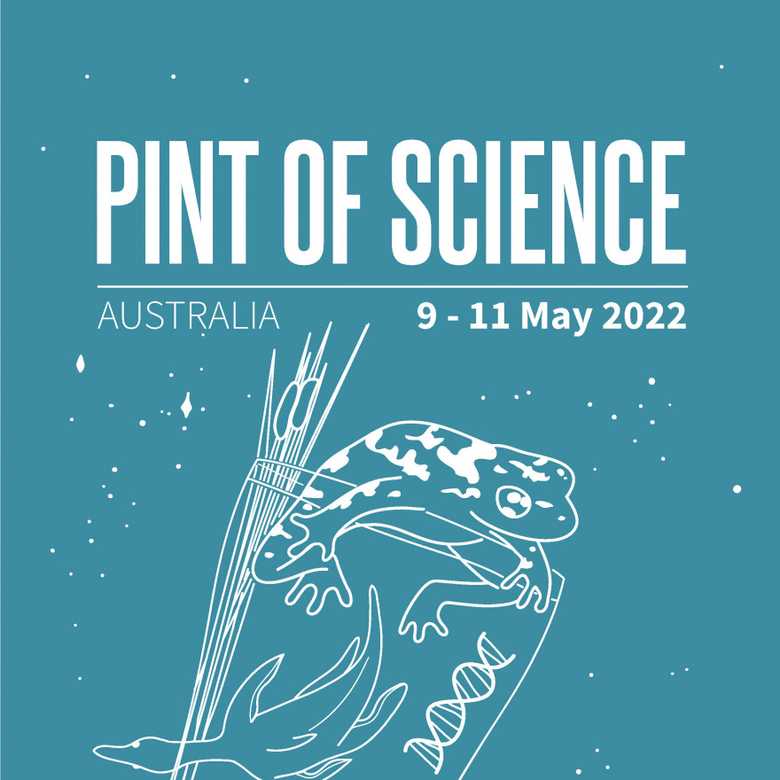
Pint of Science 2022 in Sydney: How do animals deal with climate change?
16, May 2022
Pint of Science brings scientists and non-scientists together and provides a platform for scientists to present their work in a jargon-free and easily accessible way. Pint of Science Australia is presented to you at 11 different locations around Australia this year. Grab a beer and listen to brilliant minds and how they are planning to […]
Read More… from Pint of Science 2022 in Sydney: How do animals deal with climate change?
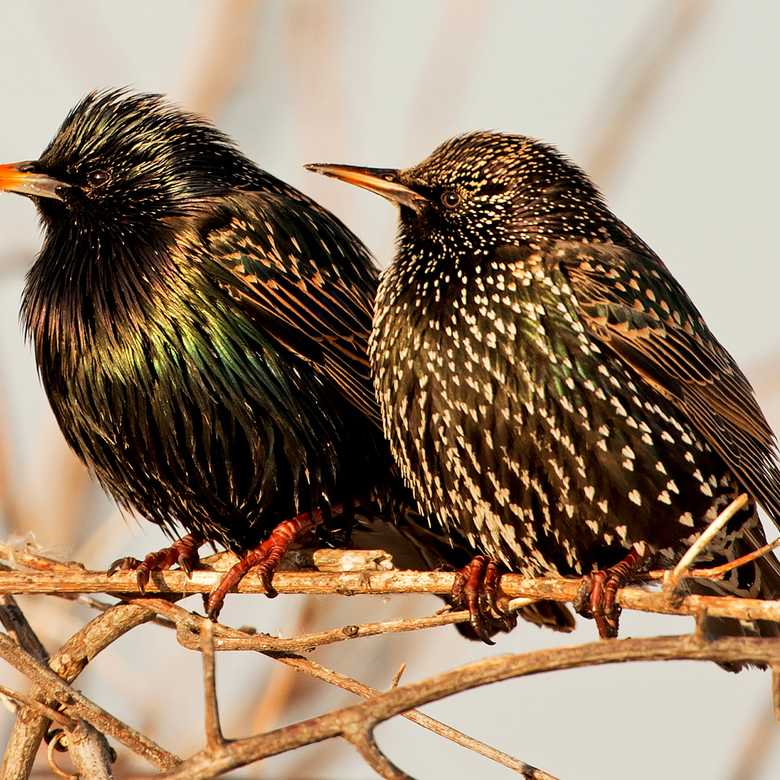
Understanding Invasive Species
08, May 2022
Rats, pigeons, cockroaches and starlings, they all have in common to be extremely adaptable and resilient when it comes to adjusting to new environments. But how do they do it? Our guest strove to uncover the secrets in their genetic codes. And she got some answers. Cat and Anastasia chat with Kat Stuart, PhD candidate […]

Making Science into Comedy
20, April 2022
Scientists are trying to communicate their research all the time to the general public, sometimes with great success, but sometimes the research can come across as difficult to understand, difficult to relate to, or difficult to convey its importance. But what if there was another way to not only communicate your research but also make […]
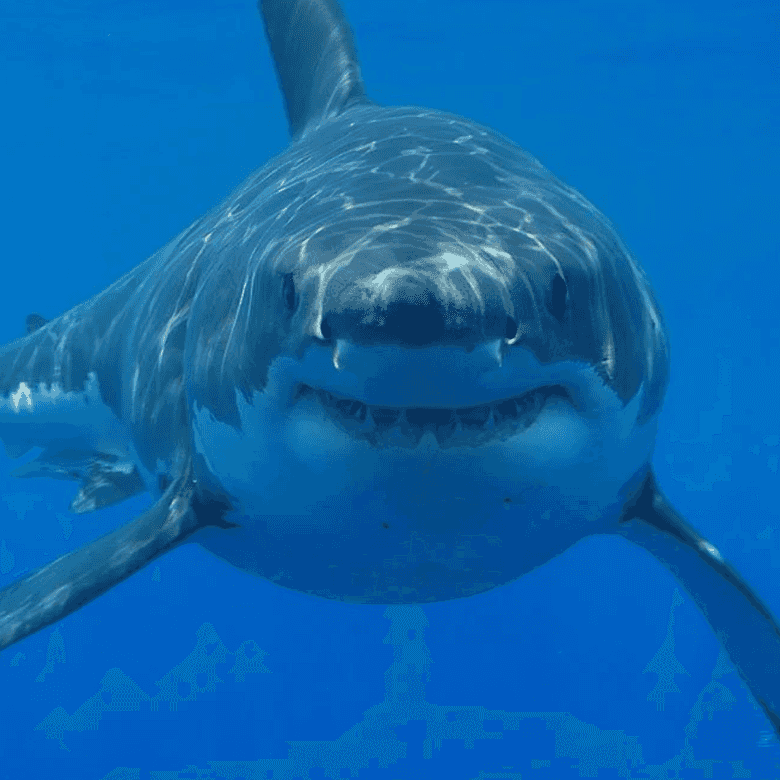
Why do great white sharks attack people?
17, April 2022
‘I am surprised they don’t attack us more often’. Andrew Fox’ reply might seem surprising. But indeed, when we enter the ocean, we automatically become part of the sharks’ world and hence part of the marine food chain. Andrew Fox is the son of Australia’s famous champion spearfisherman and shark bite-victim Rodney Fox. Rodney invented […]
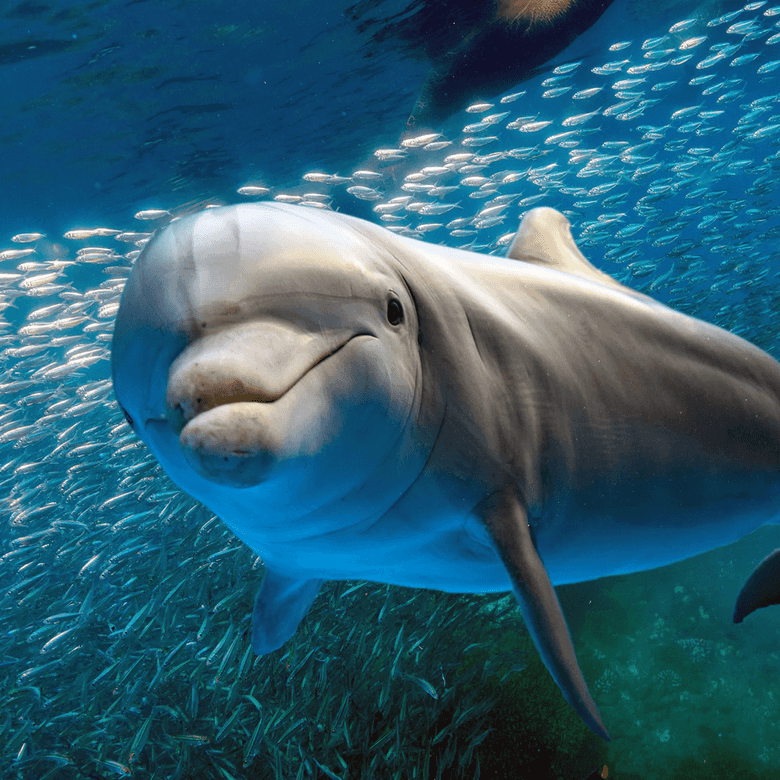
No friends means no offspring – the tough life of male dolphins
09, April 2022
Being social is essential for dolphins in Shark Bay, WA. Especially the male dolphins form lifelong friendships. Our guest, the behavioural ecologist, Dr Livia Gerber, from the University of New South Wales Sydney, wondered why the male dolphins spend so much time nurturing their relationships. Eventually she found, reported in a freshly published paper, that […]
Read More… from No friends means no offspring – the tough life of male dolphins

Underwater weather reports – made in Sydney
29, March 2022
Sydney’s underwater world has a lot to offer. There are the sponge gardens, the very rare and yet docile grey nurse sharks and the playful and always hungry blue gropers, so basically a whole world to explore. Our guest helps Sydneysiders to do exactly that, to feel at home underwater and to always keep up […]
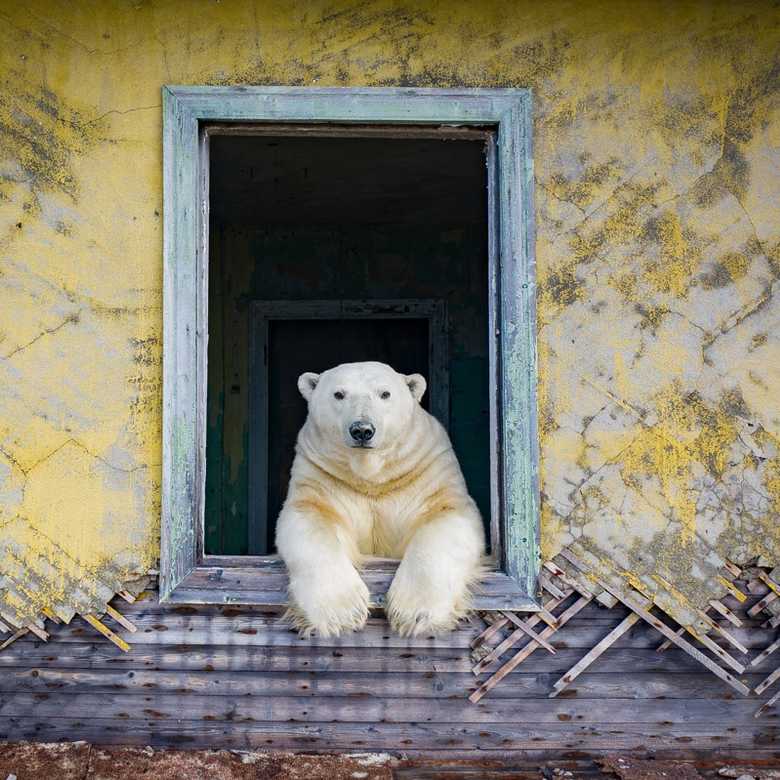
PFAS and polar bears – chemical pollution in the Arctic
22, March 2022
PFAS or per- and polyfluorinated substances are everywhere, in rivers, the ocean and they have even made their way to the most remote places like the arctic. Polar bears show similar PFAS levels as people working at a PFAS production plant. The problem: PFAS are man-made chemicals that stay in the environment and our body […]
Read More… from PFAS and polar bears – chemical pollution in the Arctic
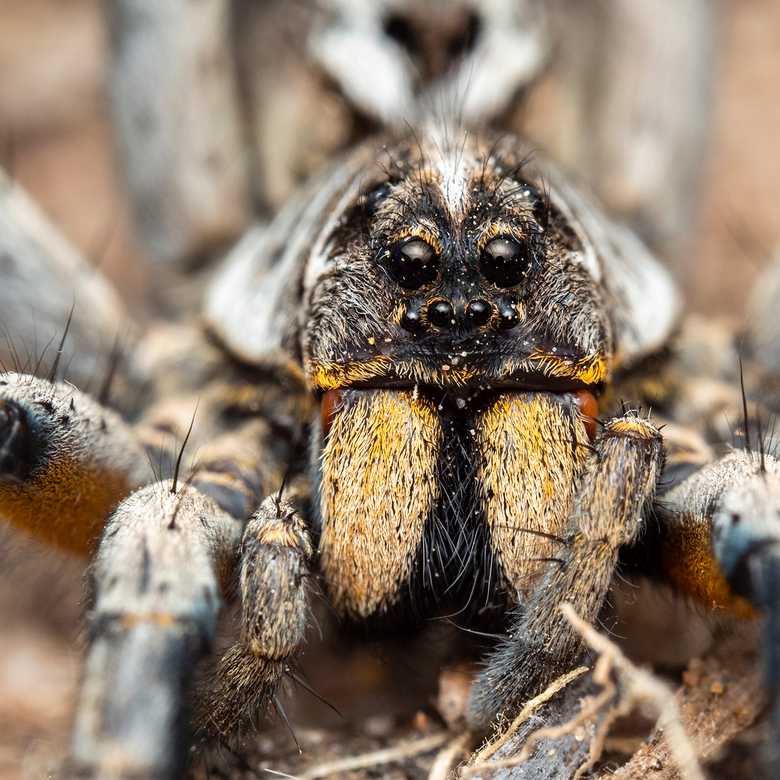
Fighting creepy with crawly: Spider venom in drug discovery
18, March 2022
Are you afraid of spiders? Our guest, Dr Samantha Nixon, certainly was very afraid before she started studying spiders. By now, she is a venom scientist and regularly handles spiders to milk them for their venom. Spider venom has turned out to be very useful for a number of medical purposes. For instance, they appear […]
Read More… from Fighting creepy with crawly: Spider venom in drug discovery
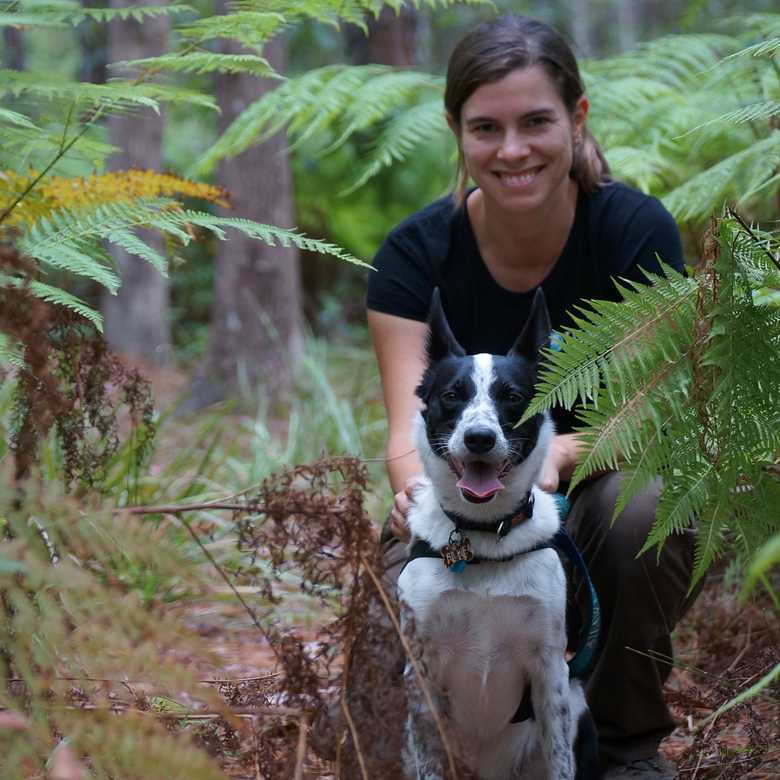
Sniffer Dogs for Koala Conservation
08, March 2022
Cat interviews koala researcher and geneticist, Dr Katrin Hohweiler, about her work on population genetics of the popular Australian animal. On the east coast of Australia the population has been reduced by 80 % since the 1980s. One of the main reasons is habitat loss. Koalas have more and more only small pockets of gum […]





